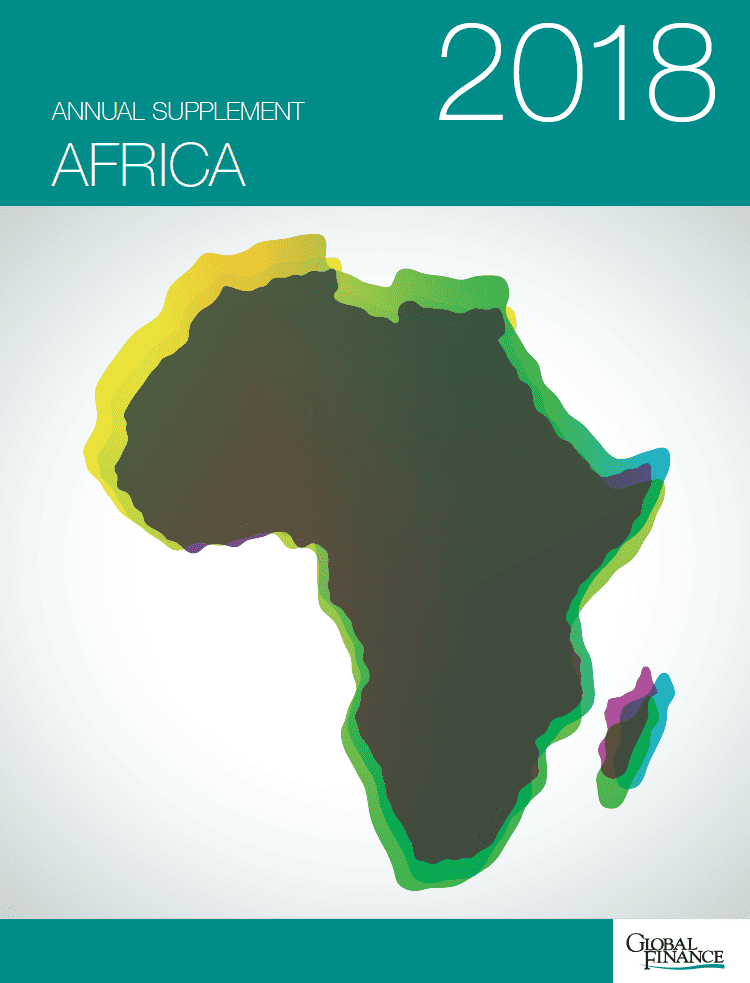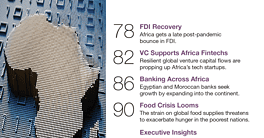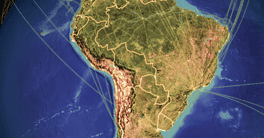A free trade pact, new infrastructure investment, and diaspora bonds are some of the ingredients in Africa’s recipe for economic expansion
The African continent contains some of the fastest growing economies in the world. Collectively, growth in Sub-Saharan Africa alone is projected to climb to an average 3.6% in 2019–20, up from 3.1% in 2018, according to the World Bank. Yet it is also home to many of the poorest countries, with the lowest GDP per capita. With its fast-growing population, rapid urbanization, and expanding middle class, the potential for further economic growth in Africa is enormous. But there remain many barriers to realizing anything near the continent’s full potential.

Click Here To View Full Supplement
In this supplement, we explore some of the most significant and promising forces breaking the old barriers to free trade and communication. Prominent among these is the recently concluded African Continental Free Trade Agreement (AfCFTA), whose implementation by all 55 members of the African Union would create a new $3 trillion trade bloc that has the potential to transform historically low levels of intra-African trade.
Larger and more integrated markets mean greater specialization and scaling up of production, boosting value-adds and helping to integrate African producers into global supply chains. Greater scale and larger markets should in turn make African hubs more attractive to international investors.
But for intra-African trade to grow substantially, civil infrastructure, and particularly overland transportation links, need to improve. We examine the role of Chinese banks and companies in building new railways and other transport infrastructure and refurbishing older facilities, which has had a particularly large impact in East Africa.
This could provide a model for other projects across the continent. Although China has been the largest investor to date, accounting for more than 40% of all civil-infrastructure foreign direct investment last year, in order to raise all of the $2 trillion in further investment that the Global Infrastructure Hub predicts will be needed through 2040, the whole array of financing options—from public-private partnerships to international syndications—will have a part to play.
From huge infrastructure projects to start-ups, securing the right funding up front is crucial. While the challenges faced by tech start-ups are universal, both the problems and the channels of support, from hubs and incubators to government- or telecom company-funded programs, differ greatly from one African country to another.
The contribution of some $30 billion of remittances sent home annually by expatriate workers has long been a pillar of many African economies, and particularly the smaller ones. Now playing a larger role channelling expatriate wealth into civil infrastructure in their home countries are so-called diaspora bonds. Pioneered by Ethiopia, these are structured to appeal specifically to expat retail investors.
Last but not least, we present Global Finance’s Top 25 best-performing companies in Africa, where it is notable that sectors including IT, transport and logistics, trading and construction are throwing up more competitive and profitable companies than ever.



